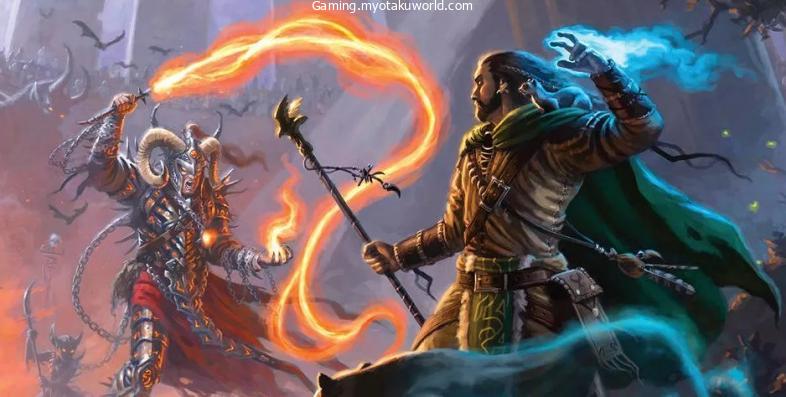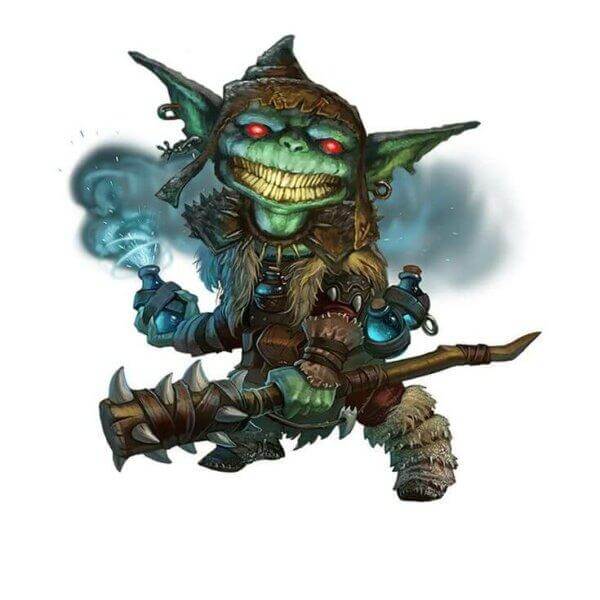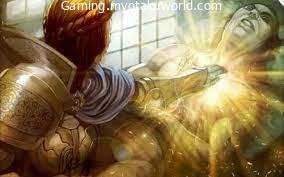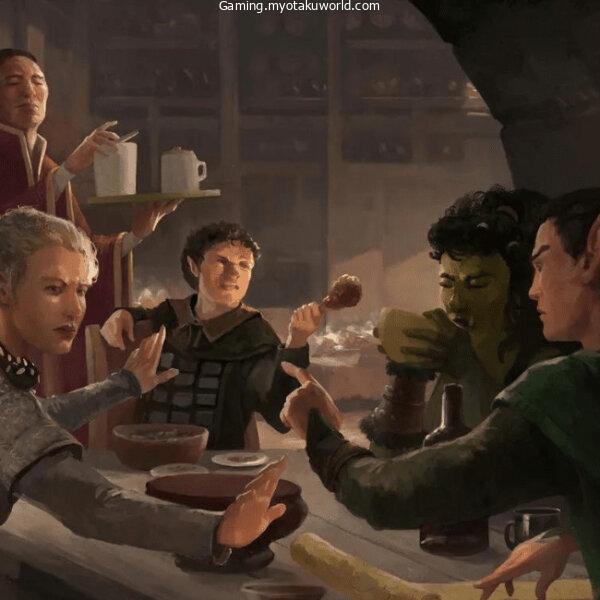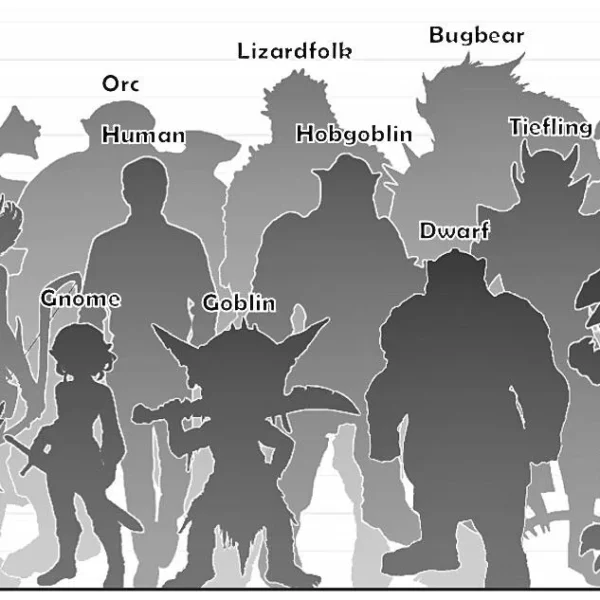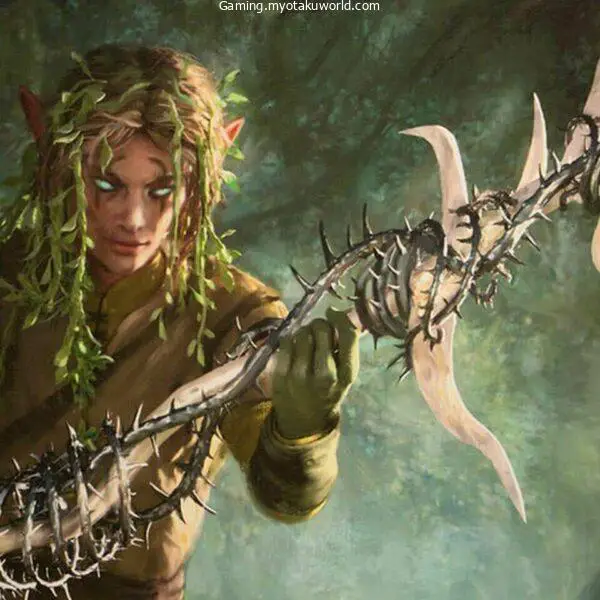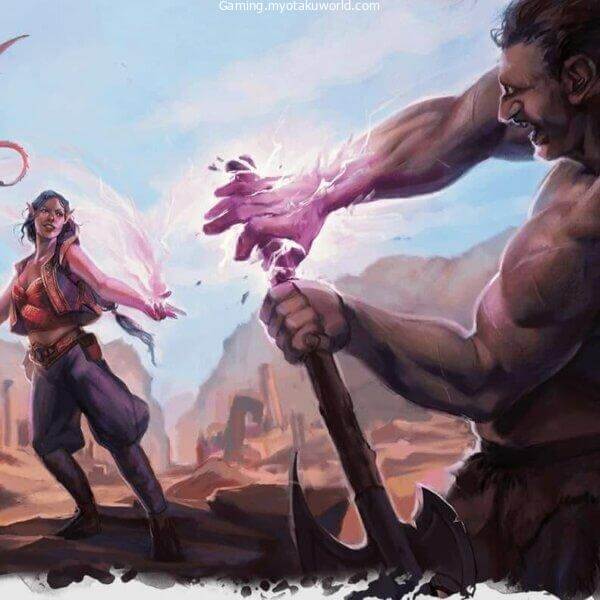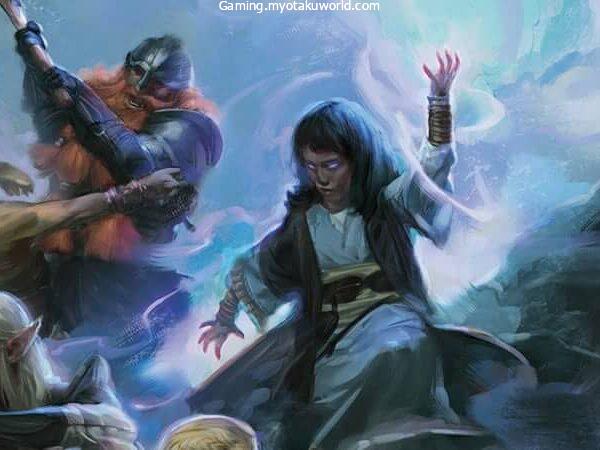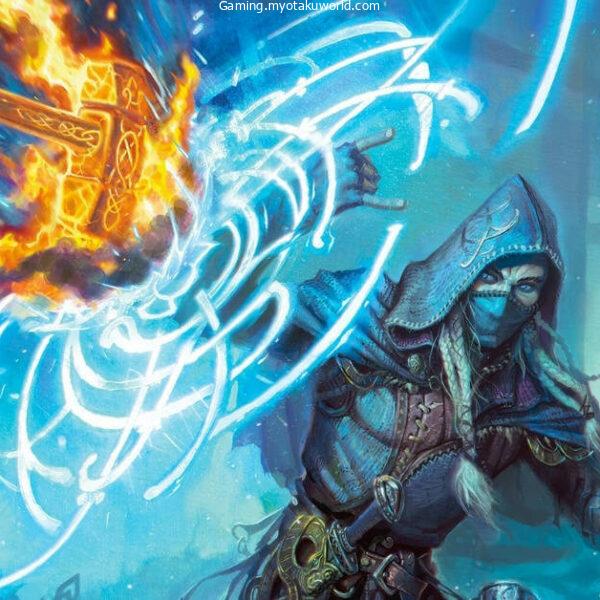Sorcerers and Wizards are different because one is based on instinct and the other is based on practise.
Even though both classes have a lot to do with magic, they got their powers in different ways. And they use their arcanic powers in ways that are very different from each other.
Sorcerers are, in general, your battle mages.
They have lists of class skills and spells that can increase the damage you do and help you stay alive in battle. The Draconic Bloodline’s Draconic Resilience seems like something from the Barbarian or Fighter class, and it has no reason to go with such a powerful caster.
Wizards, on the other hand, know how to keep a crowd under control.
With a much larger list of spells and the ability to use rituals to cast spells, a Wizard’s magic is much more powerful than that of a Sorcerer.
Wizards can do things no one else can with magic, but they are about as tough as a wet tissue and have no great defensive class skills.
In short, it’s the difference between the explosive rage of a Barbarian and the careful killing of a Monk.
We’ll talk about why that is, the pros and cons of each class, and how I think you can get the most out of your 5e caster.
Sorcerers Cast Charisma—What Does That Mean?
In short, a lot.
It tells us more about what Wizards of the Coast was thinking when they made Sorcerers and how they were meant to be played.
If all WotC wanted was a spellcaster who did more damage, they would have given Wizards another subclass instead of making a new one.
Instead, they made Sorcerers a separate class. And that’s a big deal.
Most notably, the way they cast spells is different. That makes a huge difference in the game.
Wizards use their Intelligence to do their spells. This relates to the Insight, History, and Arcana skills in D&D. They use magic to do things. They carefully pull on the strings of the Weave, the big magical thing that connects all the planes.
This is mostly shown by how many more subclasses they have, which gives them more ways to be specific and different.
Each school of magic is different, but they all change the way you interact with magic in a fundamental way. Some schools focus on illusory skills, some on necromantic skills, and so on.
Sorcerers, on the other hand, use Charisma to cast.
They beg, order, and force magic from the world around them. But since they use Charisma to cast spells, they don’t have to understand the magic they use to use it.
And this difference is the big one.
Wizards are more clear-headed than Sorcerers. But what they don’t get right, they make up for with a good understanding of how magic works.
Metamagic lets them change the plan of a spell as they cast it, making it more silent, faster, or have a wider range, depending on the situation.
But that’s what makes Sorcerers hard to deal with. Because their class is based more on instinct than on planning, many spells that need to be done carefully are blocked by the way they cast.
When a wizard gains a level, they can use an average of 19.6 new spells.
But sorcerers only get around 11.7.
Overall, Wizards have access to almost 80 more spells than Sorcerers. Most of these spells are very powerful illusion and arcane magic.
Sorcerers can’t use some of the best spells in the game because of this. Sorcerers can’t use the spell Simulacrum, which lets you make solid illusions that can stand up to close inspection and physical analysis and is probably the most useful spell in the game.
This is how Wizards and Sorcerers talk to each other. The Wizard has more power and variety, which makes them smarter, but they are also more rigid.
Sorcerers have more freedom in how they cast spells, but they don’t understand most of the more complicated spells.
Why Play a Sorcerer?
When you look at spellcasting on its own, it can seem like there is only one side to the argument.
Wizards are the best spellcasters in the game, but that’s about all they’re good at.
Wizards are supreme in late game. Their long list of spells makes them almost unbeatable. A 20-level Wizard who is ready is almost impossible to beat.
But they start out much, much weaker. And their main stat for casting is almost only useful for magic.
Sorcerers have the best Charisma, which makes it possible for them to take on many other roles in the party.
Sorcerers can be leaders, but Wizards are just Wizards. Or the party face, or the negotiators, or just about anything else. No build has a higher charisma that hurts it.
When you add in the fact that sorcerers get some of their best abilities at Level 3 (Metamagic and Font of Sorcery, for example, both of which make it much easier to change how you cast), you might have the most synergistic multiclass possible.
Designing Powerful Sorcerers
It’s crazy how well everything fits together and how it really fills in the gaps in some of the other classes’ game plans.
Monk X Sorcerer 3, where “X” is whatever level you are, is one of my favourites. If you want to multiclass, you should start at Monk 3 and keep levelling up Monk even after you reach Sorcerer 3.
Early on, the Monk’s biggest problem is probably that he or she doesn’t have many ways to do damage. Sure, it works great if you punch something, but monks can have trouble in situations where a direct hit isn’t always the answer (flying builds, high AC builds, mounted builds, mobs, etc.).
So give Monks the skills to talk their way out of more situations and the spells to handle everything else.
You now have a very powerful build.
A Tabaxi Monk 1 Sorcerer 1 at level 2 with a Dex of 17 and a Con of 14 would have an AC of 16 and 18 HP, which doesn’t hurt.
This is the same build that could know Burning Hands and Magic Missile and deal 1d6+3+1d4+3 damage in melee every turn.
At Level 2.
The thing about Wizards and Sorcerers is that they are the opposite of each other.
Pros & Cons For Each
When D&D 5e adds strengths to classes, it does something really smart: it makes sure that every strength is taken to its logical extreme to keep things in check.
Wizards are probably the most well-known. They are powerful spellcasters who ignore the real world to focus on magic and end up with the body of a timid mouse.
It’s easier to understand when broken down into pros and cons, so let’s start with a quick summary (and a convenient way to summarise this whole comparison)
WIZARDS
Pros:
- Incredibly potent magic
- Intense knowledge of magical workings
- Detailed knowledge of their class and magic
- Spells that can deal with pretty much anything
- Access to many spells
Cons:
- Neglect physical skills
- Limited perspective; may not see outside of their magical knowledge
- Not generalists
- Only able to prep and use so many spells per day
- No tools if they don’t have a spell for a situation
SORCERERS
Pros:
- Instinctive reaction to magic
- Limited spell list but gets most of the good spells
- Full flight at level 14 and other potent abilities
- Makes multiclassing easy
- Charisma useful for many aspects of the game
Cons:
- Worse cognitive grasp on magic
- Fewer subclasses
- Gap in between potent skills
- Spellcasting modifier not useful for magic skills
What’s The Better Class?
This really depends on what kind of game your DM wants to play.
But as a single-player class, I think the Wizard is the clear winner.
Outside of battle, the Sorcerer’s small list of spells makes it much less useful.
The problem with endorsing a Sorcerer build is that I would rather have a Wizard do the same job a Sorcerer would do almost every time.
A campaign based on intrigue and political tricks? Charisma from a sorcerer would be a great thing to have. But a Wizard’s ability to call up creatures with spells like “Find Familiar,” which Sorcerers can’t do, would give them information they couldn’t get any other way.
A dangerous monster-filled dungeon crawl?
Even though the Sorcerer is better at fighting, a Wizard’s low-level spells like Grease (which can stop whole lines of attack) and Tasha’s Hideous Laughter (which can stop an enemy completely) make them such a terrifying force that I would want a Wizard on a team with a Sorcerer even though the Sorcerer is better at fighting.
I think that Sorcerers and Rangers are in the same boat.
They are great additions to other classes that can help make up for some of their flaws. But on their own, they don’t do enough for me to recommend building them into higher levels.
This does not mean that I don’t think Sorcerers can work.
Even though magic isn’t as good as it used to be, it’s still one of the most useful skills your character can have in D&D 5e.
Also, there are some ideas about characters that you just can’t show with a Wizard.
The scared tiefling beginner who can barely control his powers doesn’t fit the archetype of the Wizard. If you want to start as a Sorcerer, I think it’s a great idea. But you could try giving the character a story arc.
Maybe as that tiefling levels up and gets better at using his powers, maybe at level 3 when you get access to the best Sorcerer skills, he becomes more of a Wizard and gets the best of both worlds.
Even though you wouldn’t get the Wizard’s 18th and 20th level class skills, I think Sorcerer 3 Wizard X (where “X” is really any level) is one of the best ways to grow as a character in D&D.
And I give it my full approval.
Dungeons and Dragons is, at the end of the day, a game about extremes.
If that means your character is a Sorcerer, then they are a Sorcerer.
A lot of the fun of D&D comes from being able to play characters that aren’t like you. And that often means playing something that isn’t the best, as long as it makes them happy.
